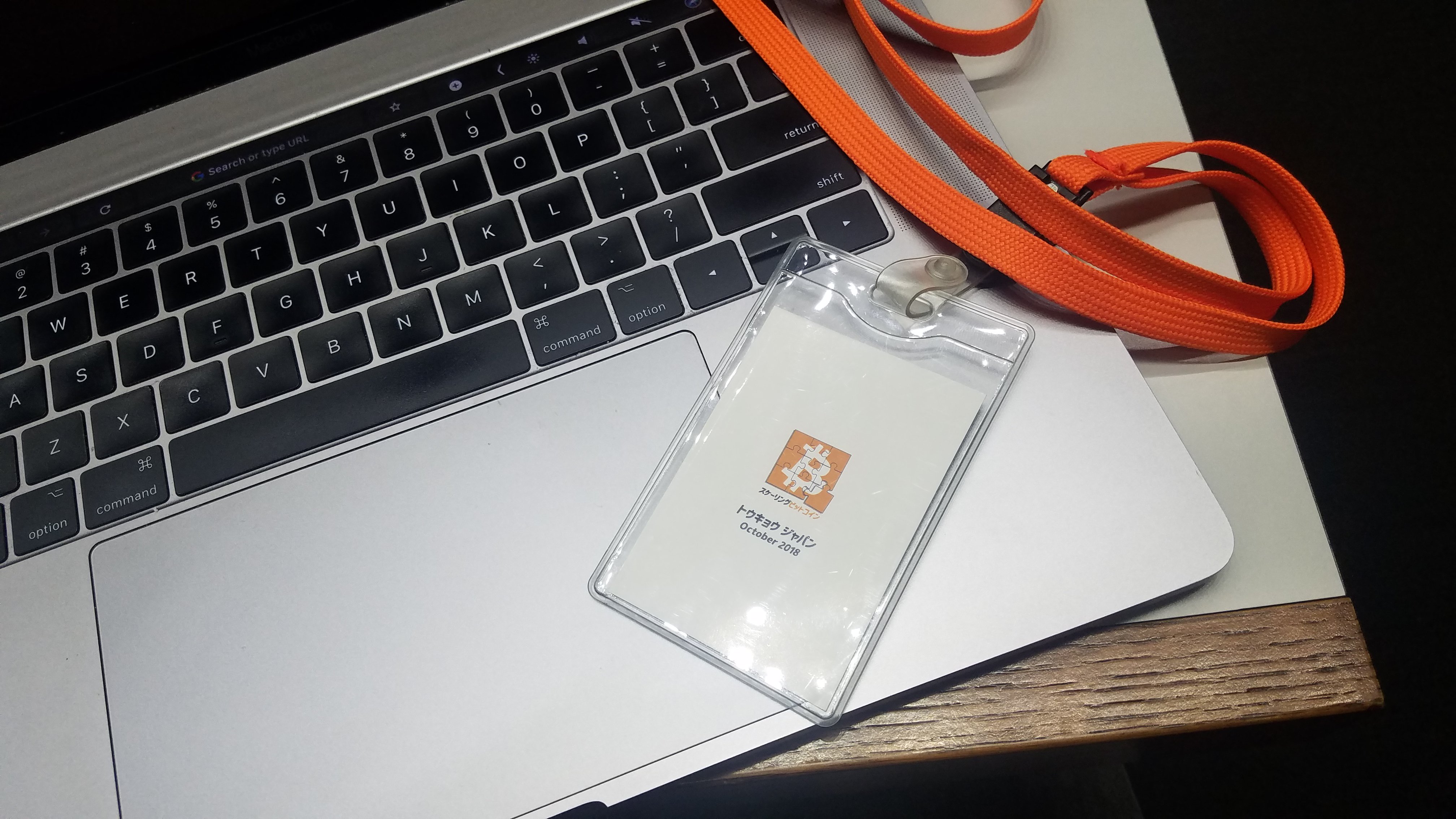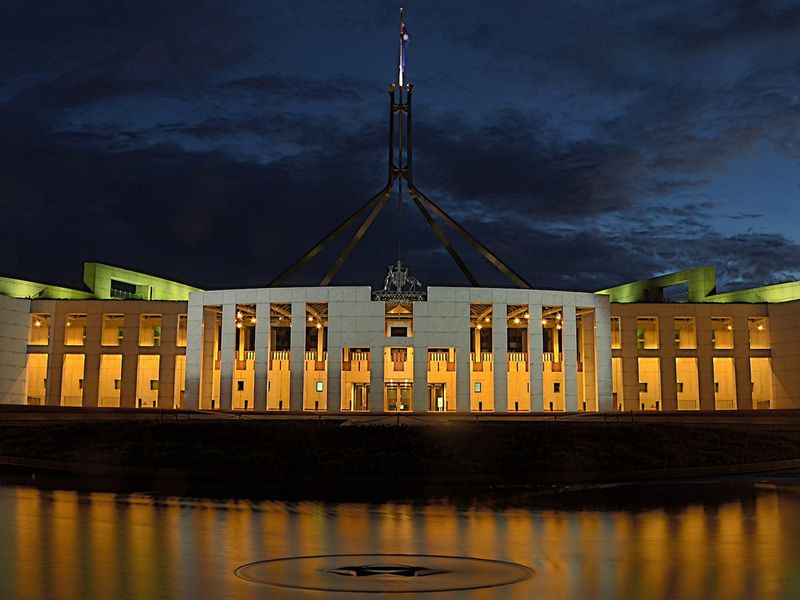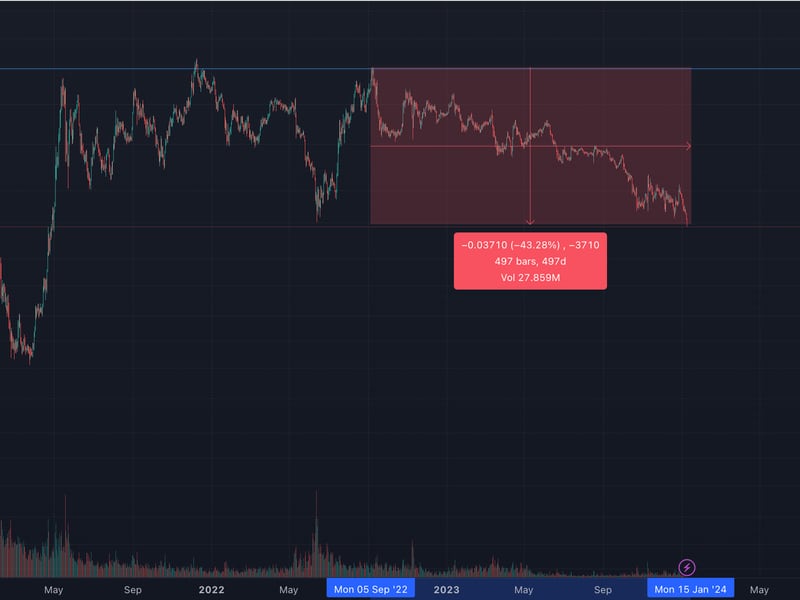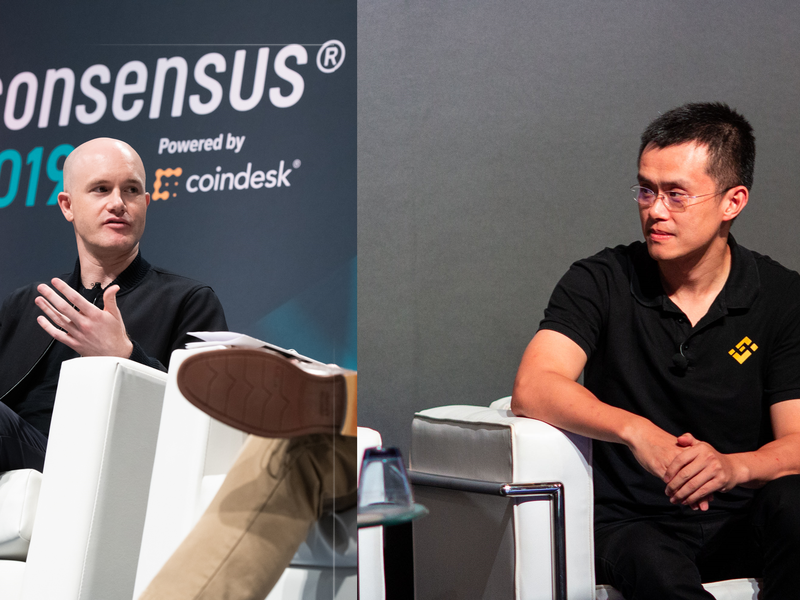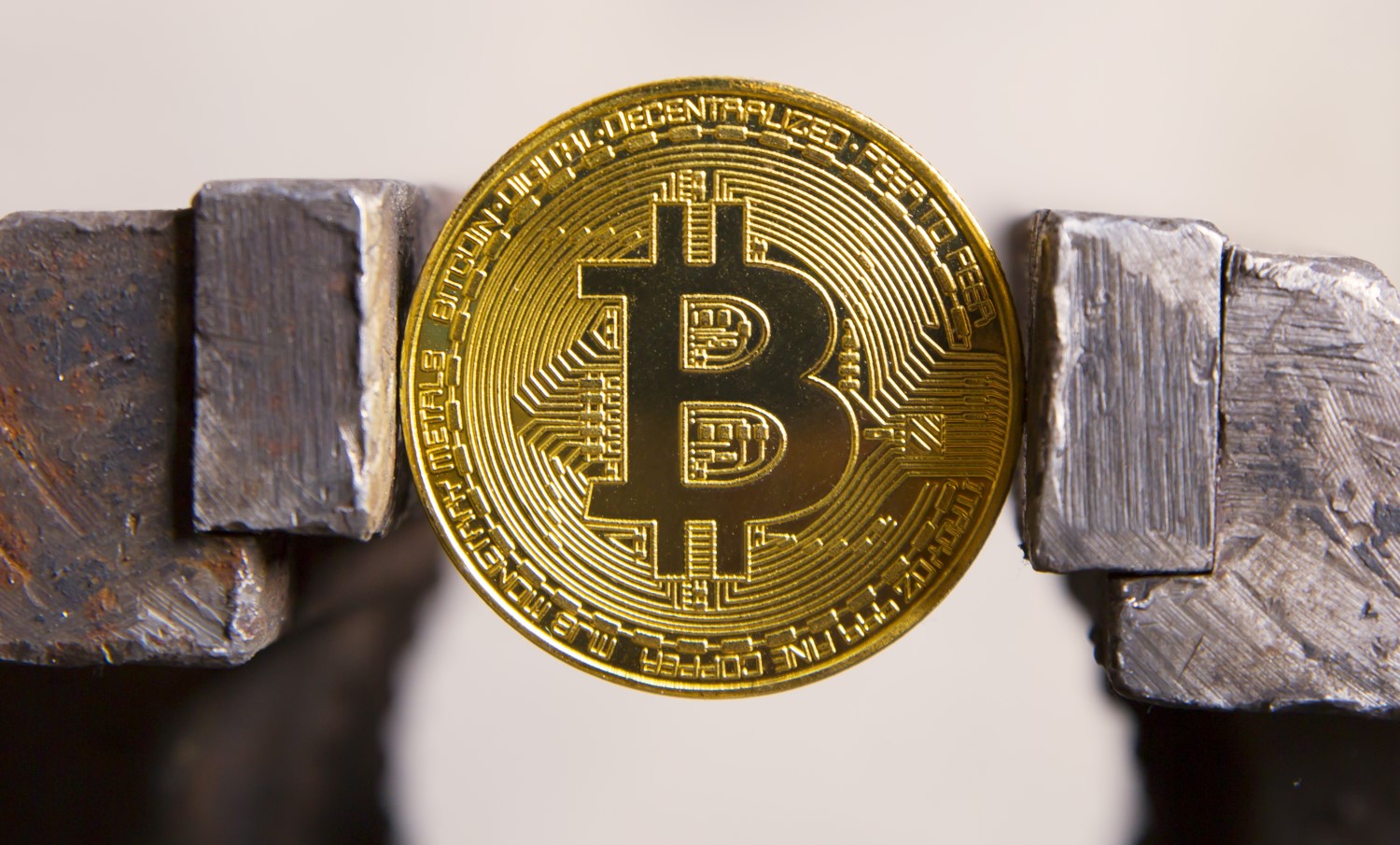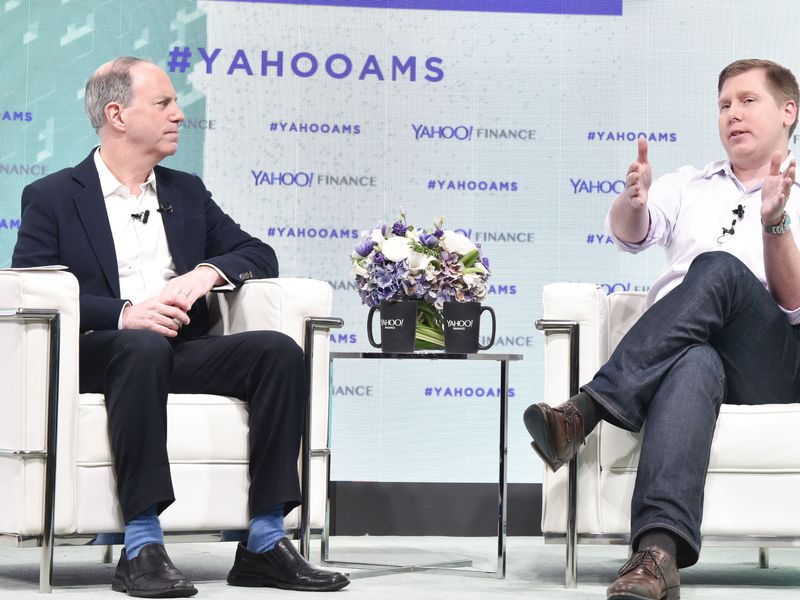Black Market for Worldcoin Credentials Pops Up in China
Worldcoin, a crypto project by OpenAI CEO Sam Altman has gained some traction in China, with users rushing to source know-your-customer (KYC) verifications on the black market.
Worldcoin’s crypto wallet, World App, is not available in mainland China, according to CoinDesk’s observations. Beijing has severely restricted foreign social media apps and their collection of user data under draconian internet rules. Worldcoin didn’t confirm to CoinDesk whether China app stores users can download the app prior to publication.
Searches for the Worldcoin hashtag grew from 0 to almost 20,000 on Weibo – China’s Twitter-like social media site – from earlier in May until a peak on May 21. On WeChat, another popular social media app, searches peaked on May 18, growing 225% from the previous day. Worldcoin and OpenAI founder Sam Altman testified before the U.S. Congress on May 16, which could have stirred up interest in his project.
Meanwhile, a black market emerged on Chinese social media and ecommerce sites. Sellers were offering KYC verifications for the World App, which offers wallet and ID services. The credentials often come from developing countries like Cambodia and Kenya, according to social media posts.
Worldcoin said that there have been a few hundred instances of such activity and no sensitive data was shared. “Through ongoing threat and awareness monitoring measures, the Worldcoin team identified suspicious and potentially fraudulent activity whereby individuals were incentivized to sign up for a verified World ID that was then delivered to a third party’s World App rather than their own,” the firm said.
Similar black markets for credentials for crypto exchanges and other apps exist in the Chinese internet ecosystem. Crypto trade has various restrictions in mainland China, but traders are accustomed to finding ways to get around barriers.
The black market seems to undermine one of Worldcoin’s fundamental purposes: to create and spread globally a blockchain-based identification method that uses iris recognition. To sign up, users have to visit a local Worldcoin representative to have their irises scanned by a futuristic metal orb, which anonymizes their data and stores it locally.
This “privacy first, self custodial, decentralized” ID will one day form the basis of the internet, in World App’s vision, but for now is used for the startup’s wallet app.
Worldcoin is promising free tokens to users who sign up, and last week, announced it would be offering free non-fungible tokens (NFTs) to signees as part of a partnership with decentralized email Dmail.
The black market was first reported by Chinese crypto site Blockbeats, which said that fake iris scans cost as little as $20.
On Taobao, China’s version of Amazon, listings for Worldcoin access have appeared. Some reviewed by CoinDesk offer different options, from a simple download of the app for RMB 9.9 ($1.41) to full KYC certification for RMB 499.
Worldcoin is built by a company called Tools for Humanity, co-founded and led by Sam Altman and Alex Blania. It consists of World ID, the identification method, and World App, the wallet
Edited by Stephen Alpher.


